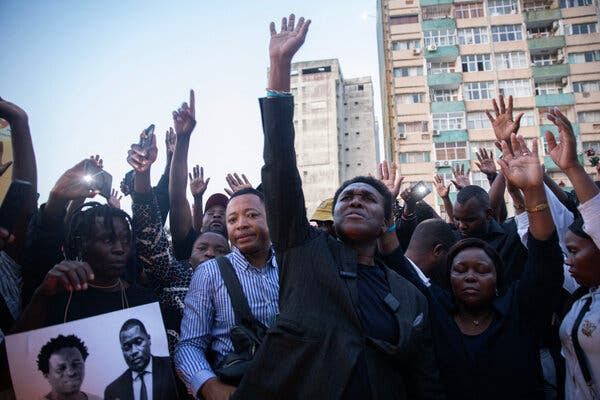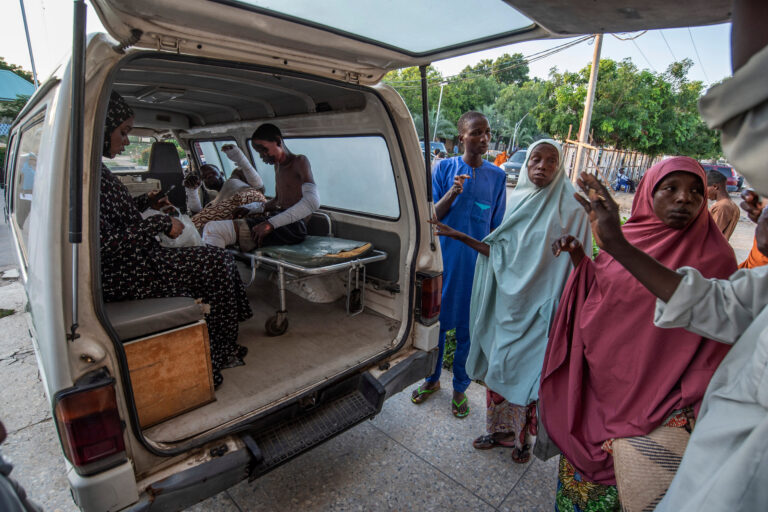Four candidates are vying for the presidency in a country that has faced a yearslong ISIS-backed insurgency. The election is also a test of the sway of former independence movements.

Voters in Mozambique go to the polls on Wednesday to elect a new president who will face the tall task of figuring out how to defeat a yearslong Islamic State-backed insurgency that is deepening grave humanitarian and economic problems.
Although the insurgents rampaging through the northern province of Cabo Delgado have lost a significant amount of strength since the fighting began in 2017, the security situation remains volatile. Efforts to stem the spread of extremist ideology and attacks that have included beheadings will have implications for the region and beyond.
There is little doubt that Daniel Francisco Chapo, the candidate for the governing party, Frelimo, will prevail over the three other presidential contenders. This will be a seminal shift for Mozambique, a coastal nation of 33 million people in southern Africa. He would be the country’s first leader to have been born after it gained independence from Portugal in 1975.
But an independent candidate whom the country’s disaffected youth have rallied behind could make things interesting. In addition, the election could test Mozambique’s democracy and stability — and intensify the woes of southern Africa’s former liberation movements, whose popularity has plummeted in recent years.
Here’s a look at what’s at stake.
- Why does this election matter?
- How does Mozambique vote?
- What are the main issues?
- Who is running, and who is likely to win?
- When will we find out the results?
Why does this election matter?
Like young people elsewhere in southern Africa, voters born in the decades since Mozambique secured its independence have fiercely challenged political leaders who they believe have not delivered on promises of a better life. Former liberation heroes can no longer simply ride a wave of good will from having helped unseat exploitative European colonial governments.


